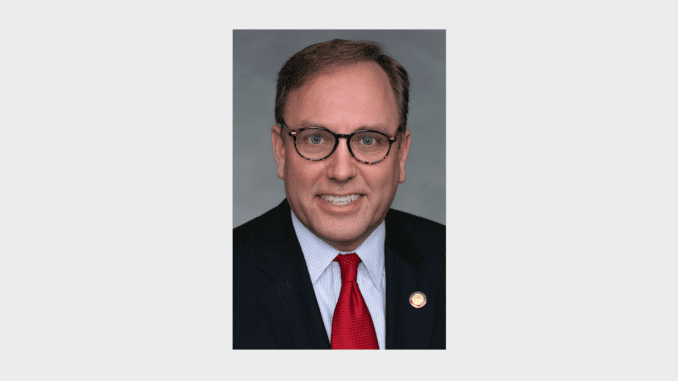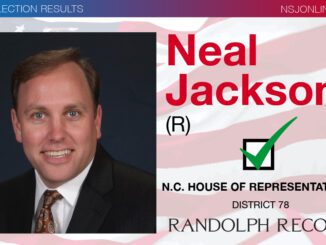
Children in North Carolina are being targeted by the porn industry daily. The N.C. General Assembly has passed several pieces of good legislation that address obscene materials children are allowed to access in schools and at public venues. One piece of legislation that passed recently is a bill addressing pornographic materials children are exposed to on their phones.
Every day, tens of thousands of children across North Carolina access internet pornography without restrictions. Today’s porn is vastly different from that of previous generations. The porn of today is not just topless models off a VHS from the video store. Today’s pornography is much more explicit, with simulated sex acts with children, often these portrayed images include brutality, violence and even gangbangs. All of this is at the fingertips of today’s 8-year-old with no safeguards for our youth.
Internet porn companies are exposing children to material that warps their understanding of sexuality and produces sexless adults who replace intimacy for virtual fairy tale experiences. Some tech-savvy parents install content blockers on their children’s devices and family networks, but most are unaware of the resources or ambivalent about their child’s porn exposure.
Parents may be unaware of the psychological effect of constant scroll algorithms such as TikTok and other social media sites. The constant flow of information, and an algorithm tailored to the user, leads today’s youth to have their face down in a phone nonstop. Now apply those same algorithmic tricks to sexual content and you have a recipe for sexual dysfunction and addiction. Easy streaming access is causing an unhealthy relationship between today’s youth and pornography.
In January of this year, Common Sense Media released a study finding that 15% of today’s teens first saw porn online by age 10, and that the average child is only 12 years old when they first see pornography online. The majority of these were unintentional. Overall, 73% of today’s teens have been exposed to pornography either accidentally or intentionally.
And if the results for the consumer weren’t enough reason to regulate pornography distribution, the production is just as harmful. End Slavery Now reports, “Porn directly fuels the demand for sexual exploitation and it can sometimes be recorded evidence of sex trafficking.”
As recently as 2020, Pornhub was verifying users who uploaded videos of trafficked minors and profiting off the advertisements on those videos. Major credit card companies even stopped processing payments for the site’s parent company because they realized the seriousness of this issue. Trafficked minors make up to 20% of all pornographic material, and America produces over half of all child pornography.
The General Assembly has taken steps this session to address the human trafficking problem in this state and assist victims. But law enforcement can only do so much as long as the porn industry is allowed to continue producing, distributing and driving up demand for pornography with minimal regulation.
Age verification laws will greatly help diminish the demand for pornography as well as prevent some of the mental health issues that today’s youth face. In Louisiana, the first state to implement an age verification law for pornography, Pornhub reported an 80% drop in traffic. Utah, Mississippi, Virginia, Texas, Arkansas and Montana have joined Louisiana in requiring age verification for those who view pornography online.
We require ID for alcohol, tobacco and now online sports betting because of the associated danger for our children. Pornography is just as hazardous, and we must hold the distributors to task for the harm they are causing society. The North Carolina bill Pornography Age Verification Enforcement Act (PAVE) would create a civil cause of action for parents to sue distributors who fail to implement age verification.
The PAVE language began this session in HB 534 which I introduced. Much of the language of that bill was added to HB 8 late in the session with the help of Sen. Amy Galey and Rep. Erin Pare where it was passed into law Sept. 21, 2023. This law will go into effect Jan. 1, 2024, and will give North Carolina some of the needed guardrails for our children in this arena.
Rep. Neal Jackson represents the 78th District in the N.C. House of Representatives.


